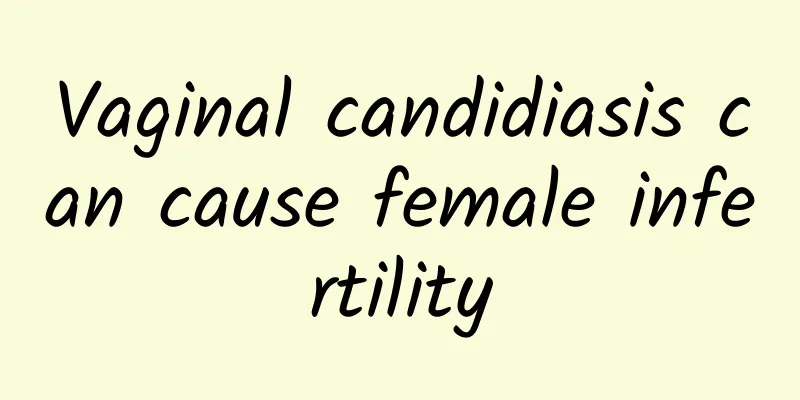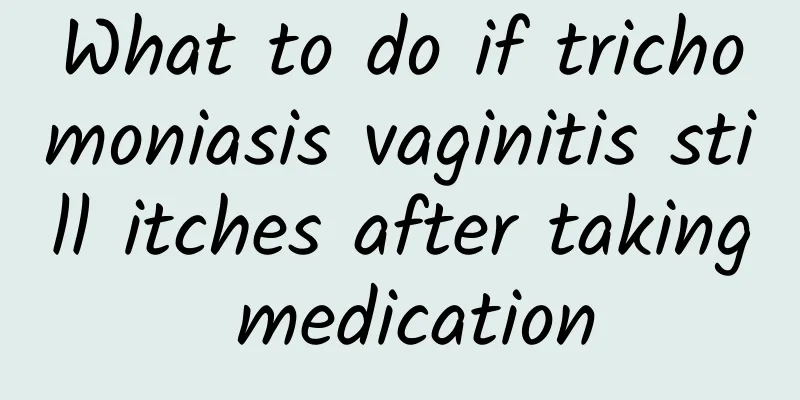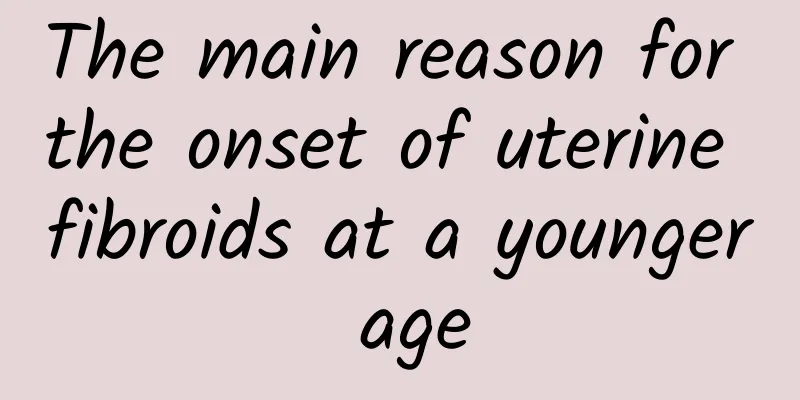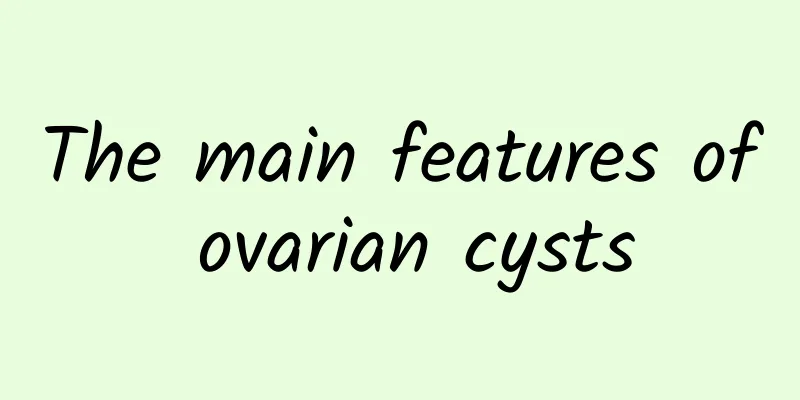What causes ovarian cysts and can they be cured?
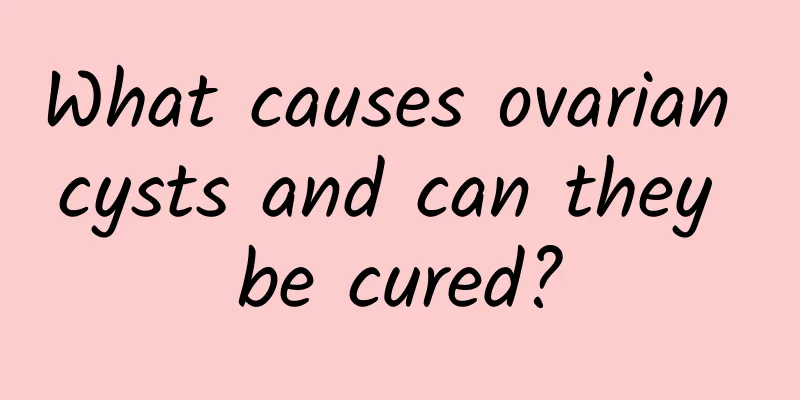
|
Ovarian cysts are a common gynecological disease with various causes, including hormone imbalance, abnormal follicular development, corpus luteum cysts, polycystic ovary syndrome, and ovarian tumors. Most ovarian cysts are treatable. If symptoms persist, it is recommended to seek medical attention in time and take targeted treatment measures under the guidance of a doctor. The details are as follows: 1. Hormone imbalance: Fluctuations in hormone levels, especially imbalances in estrogen and progesterone, can easily lead to the formation of ovarian cysts. It is recommended to seek medical attention in a timely manner and use medication to regulate hormone levels under the guidance of a doctor. 2. Abnormal follicular development: During the menstrual cycle, the follicles fail to rupture and release eggs normally, forming cysts. Drugs can be used to promote ovulation, and surgical treatment can be performed if necessary. 3. Corpus luteum cyst: After ovulation, the corpus luteum fails to degenerate normally, resulting in cyst formation. Most corpus luteum cysts will disappear on their own, but if they persist or cause symptoms, they need to be treated under the guidance of a doctor. 4. Polycystic ovary syndrome (PCOS): An endocrine disorder that causes multiple small cysts on the surface of the ovaries. Endocrine regulation is achieved through medication combined with lifestyle changes such as weight loss and dietary adjustments. 5. Ovarian tumors: Although rare, some ovarian cysts may be caused by ovarian tumors. Detailed examination is required, surgical removal is performed if necessary, and follow-up treatment is performed based on the pathological results. In order to effectively control and cure ovarian cysts, it is recommended to seek medical attention in time, follow the doctor's advice for treatment and follow-up, and take surgical intervention if necessary. If the symptoms persist, you should seek the help of a doctor in time for a comprehensive examination and personalized treatment plan. In daily life, you should also maintain a good diet and lifestyle, strengthen your physical fitness, and reduce the risk of cyst recurrence. |
<<: Why does menstrual cramps last for three or four days?
>>: Will frequent sex delay menopause?
Recommend
There are several categories of abnormal leucorrhea
Abnormal leucorrhea can be divided into two categ...
Adnexitis may differ in acute and chronic forms
Adnexitis may be different in acute and chronic s...
Can you lose weight by eating only vegetables for dinner? Nutritionists teach you how to eat the right foods and lose weight without starving yourself
In order to lose weight successfully, many people...
Should I remove my ovaries for an ectopic pregnancy?
Whether ectopic pregnancy requires ovarian remova...
How harmful is abortion to the body?
All surgeries have certain risks. Pregnant women ...
Is fungal and trichomonal vaginitis serious?
Is fungal and Trichomonas vaginitis serious? Gene...
What are multiple uterine fibroids? How to choose the treatment method for multiple uterine fibroids?
According to relevant statistics, about 20% of wo...
Prevent cervicitis and beware of repeated artificial termination of pregnancy
MicrosoftInternetExplorer402DocumentNotSpecified7....
What is pelvic effusion?
Pelvic effusion is a common imaging finding, whic...
Are women who are too fat more likely to suffer from vaginitis?
The occurrence of vaginitis is directly related t...
What are the symptoms of mucous ovarian cysts and how to take care of them
What are the symptoms of mucinous ovarian cysts? ...
Ectopic pregnancy occurs in the fallopian tube and can be treated with interventional therapy
Ectopic pregnancy occurs in the fallopian tube an...
What should I do if my vaginal discharge is like tofu dregs? See a doctor immediately
The symptom of leucorrhea resembling tofu dregs i...
Are you doing the right thing to lose weight? 5 misconceptions that you must know!
The Internet is full of information, but it is fu...
Why do steamed buns taste sweeter after exercise?
Last week at two o'clock in the afternoon, I ...
